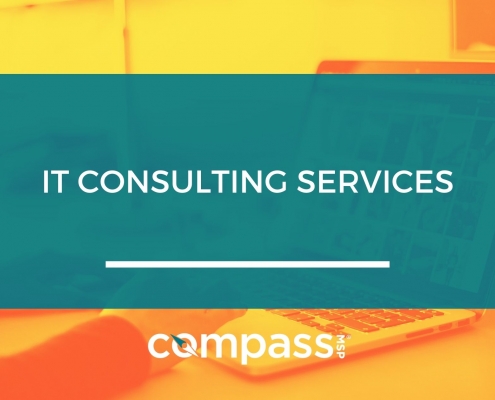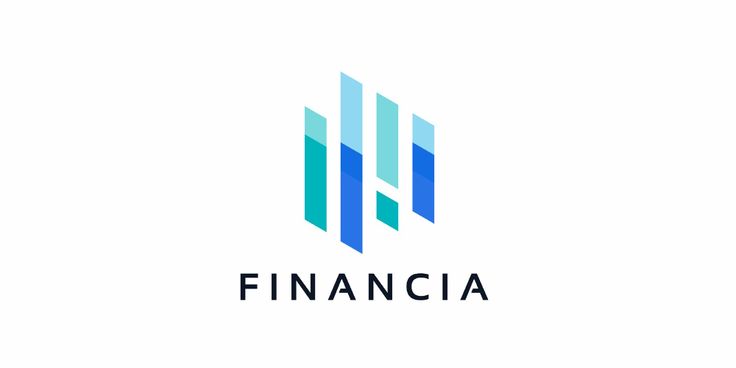
Although choosing the right accounting software should not be difficult, it isn't just about numbers. There are many other important considerations as well, including security, user roles, reporting and analytics, and more. This article will highlight some of the key factors to consider when selecting the right system for you. You'll be able to identify the key features you should look for in an accounting software. These are some important points to consider when choosing accounting software for small businesses.
Data security
Data breaches can be devastating for the accounting industry. Data breaches have become a more common occurrence. The EU's General Data Protection Regulation brought this matter to the attention of business owners. It is essential to ensure that your accounting software has effective cybersecurity measures to prevent such problems. These controls will protect sensitive information from clients and companies. Three essential steps are required to protect your information. Continue reading to learn how.

Roles of users
CosmoLex lets users choose one of several roles depending on their firm's needs. Billing Only users have the ability to create invoices and insert time cards. However they are restricted from viewing time cards unless they are granted permission by the Matter Owner. Timekeepers have the ability to view and record time cards. However, they can't view any other data. This role can have multiple permissions, which are known as Application Roles.
Reporting
Accounting software programs generally allow you to create custom reports. However, more advanced systems may offer account analytics. Account analytics involves analyzing Big data, usually to answer an accounting query. Tabular reporting, in other words, presents descriptive statistics as a table format. The purpose of this reporting method is to help users create analysis reports by grouping data into various categories and classes. These data can be used for accounting analysis and statistics calculation. This functionality is vital for all business sizes.
Analytics
Analytics and big data give companies valuable insights and deep insight to their cash flow. Banks can optimize their liquidity management by analysing transaction history and other public information. These technologies help banks reduce their credit risk as well as manage their collateral. They can detect potential risks early and mitigate them before the situation becomes unmanageable. Analytics in accounting software are also being benefited by cloud computing and real time reporting. The following are three benefits of analytics in accounting software.

Cost
The number of users accounting software can support directly affects its price. These users are usually called users by software vendors. Concurrent users can be any number of users who log in to the system. For instance, a construction firm with five employees will not require the same amount of support as a larger construction firm with many more users. Software vendors may be able to provide extensive support for large construction firms. Accordingly, the number and price of accounting software will differ depending on the number users.
FAQ
Is it possible for a consulting business to be run from home?
Absolutely! Actually, this is what many consultants already do.
Freelancers often work remotely through tools like Skype and Trello, Basecamp, Basecamp, Dropbox, and Slack. So they don't miss company perks, freelancers often make their own office space.
Some freelancers prefer working in cafes and libraries over traditional offices.
And others choose to work from home because they enjoy being surrounded by their children.
Of course, working from home has its pros and cons. But if you love your job, it's definitely worth considering.
How did modern consultancy come about?
Accounting professionals were the first to become consultants. They helped companies manage their finances. Because they were skilled in managing financial information, they became "accounting consulting". But, their role soon expanded to other areas such as human resource management.
The French word for "to advice" was the inspiration behind the term "consultant." This was used by businessmen as a way to describe someone who could provide guidance on running an organization. Even today, many business owners still use "consultant" when referring to professional advisors.
Which industries use consultants
There are many different types. Some are specialists in one type or another of business.
Some consultants are limited to working for private corporations, while others can represent large corporations.
Some consultants are available to help businesses around the world.
What skills are required for consulting?
An effective consultant must have strong interpersonal skills as well as analytical skills. This is vital because you may not understand the scope of your work. This is a must because you need to learn how quickly you can manage people.
You also need to have excellent communication skills. Clients expect a response within 24 hours. If they don't hear anything, it is likely that they aren't interested in you. It's important, therefore, to always keep them informed and ensure they understand what is going on.
How much should you charge to be a consultant?
It depends on what you are offering. If you're providing services for free, there is no reason to charge anything. You must charge for services or products if you want to sell them.
If you offer low-quality services then you don’t have anything for sale. So why would anyone pay any money for your services.
If you're providing high-quality services you might ask for a greater price. Because people are aware of the value you provide, they will be more willing to pay you a higher rate. You may also want to offer discounts to clients who buy multiple packages from you.
Do I need legal advice?
Yes! Yes. Many consultants sign contracts without seeking legal advice. This can cause problems later on. What happens if a client terminates the agreement after the consultant's completion deadline? What happens if the consultant doesn’t meet the deadlines specified in the contract.
To avoid any problems, it's best that you consult a lawyer.
Do I need to pay tax on consulting income?
Yes. Taxes will be charged on consulting profits. This amount will depend on how much you earn each year.
If you're self employed, you can deduct expenses beyond your salary.
However, you cannot deduct interest payments from loans, vehicle repairs, or the cost for equipment.
Only 25% of your expenses can be claimed back if you make less than PS10,000 annually.
However, you might still have to pay tax if your earnings are higher than the threshold. This depends on whether you are an employee or contractor.
The PAYE tax for employees and the VAT tax for contractors is generally paid as you earn.
Statistics
- On average, your program increases the sales team's performance by 33%. (consultingsuccess.com)
- WHY choose me: Why your ideal client should choose you (ex: 10 years of experience and 6-week program has helped over 20 clients boost their sales by an average of 33% in 6 months). (consultingsuccess.com)
- Over 50% of consultants get their first consulting client through a referral from their network. (consultingsuccess.com)
- "From there, I told them my rates were going up 25%, this is the new hourly rate, and every single one of them said 'done, fine.' (nerdwallet.com)
- So, if you help your clients increase their sales by 33%, then use a word like “revolution” instead of “increase.” (consultingsuccess.com)
External Links
How To
How to find the best consultant
Ask yourself what you want from your new consultant before you start looking. Before you look for someone, you need to be clear about your expectations. You should make a list of all the things you need from a consultant. This could include: professional expertise and technical skills, project management capabilities, communication skills, availability, etc. Once you've listed out these requirements, then you may want to consider asking some friends or colleagues who they would recommend. Ask your friends and colleagues if they have had bad experiences with consultants in the past. Compare their recommendations with yours. Research online if you don’t already have recommendations. You can post reviews on your previous work experiences on many websites like LinkedIn, Facebook and Angie's List. Look at the ratings and comments left by others and use this data as a starting point for finding potential candidates. After you've compiled a list of potential candidates, it is time to reach out to them and schedule an interview. In the interview, discuss your needs and ask them for their suggestions on how you can achieve them. It doesn't really matter if they were recommended; as long as they understand your business objectives, they will be able to show how they could help you achieve them.